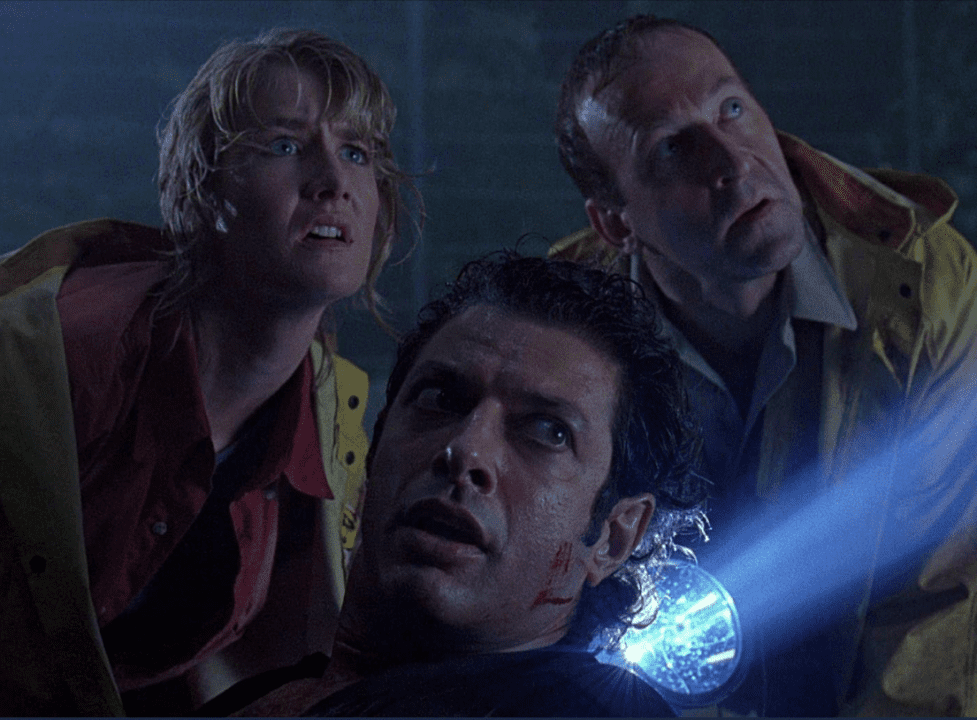In recent years, the use of drone warfare has sparked intense debates regarding its legality and morality. While some argue that drones are an effective tool in combating terrorism and protecting national security, others raise concerns about violations of international law and ethical considerations. This article delves into the ethical implications of drone warfare, discussing the legal grey areas surrounding targeted killings in countries like Afghanistan and Yemen. Additionally, it explores the moral consequences of drone operations, such as dehumanization of warfare and psychological impact on operators. As drone technology becomes more prevalent in military operations, it is crucial to navigate the legal and moral challenges to ensure ethical use.
The Ethics of Drone Warfare: Navigating the Legal and Moral Grey Areas
Introduction
Drone warfare has become an increasingly controversial topic in recent years, with debates raging over the use of unmanned aerial vehicles (UAVs) in military operations. While proponents argue that drones are an effective tool in combating terrorism and protecting national security, critics raise concerns about the legality and morality of their use. In this article, we will explore the ethical implications of drone warfare and examine the legal and moral grey areas that surround it.
The Legality of Drone Warfare
One of the main issues surrounding drone warfare is its legality under international law. The use of drones for targeted killings in countries like Afghanistan, Pakistan, and Yemen has raised questions about the legality of such actions. Critics argue that these targeted killings violate the principles of sovereignty and due process, as well as international human rights law.
Proponents, on the other hand, argue that drone warfare is a legitimate form of self-defense and falls under the laws of war. They cite the Authorization for Use of Military Force (AUMF) passed by Congress in the wake of the 9/11 attacks, which authorizes the use of military force against al-Qaeda and associated forces. They also argue that drones allow for more precise targeting and reduce the risk of civilian casualties compared to traditional airstrikes.
The Moral Implications of Drone Warfare
Aside from the legal considerations, there are also moral implications of drone warfare that must be taken into account. Critics argue that the use of drones can dehumanize warfare, making it easier for operators to kill without considering the human cost of their actions. They also raise concerns about the psychological impact on drone operators, who may suffer from PTSD and moral injury as a result of their remote killing actions.
Furthermore, there is the issue of proportionality in drone strikes – are the potential benefits of taking out a high-value target worth the potential harm to civilians in the area? Critics argue that the US government’s “kill list” and the lack of transparency surrounding drone operations make it difficult to assess the ethical implications of targeted killings.
Conclusion
In conclusion, the ethics of drone warfare are complex and contentious, with legal and moral grey areas that need to be addressed. While drone technology offers certain advantages in terms of precision targeting and reducing the risk to military personnel, there are serious concerns about the legality and morality of targeted killings carried out by drones. As the use of drones continues to proliferate in military operations, it is essential to have a robust framework in place to ensure that their use is in accordance with international law and ethical principles.
